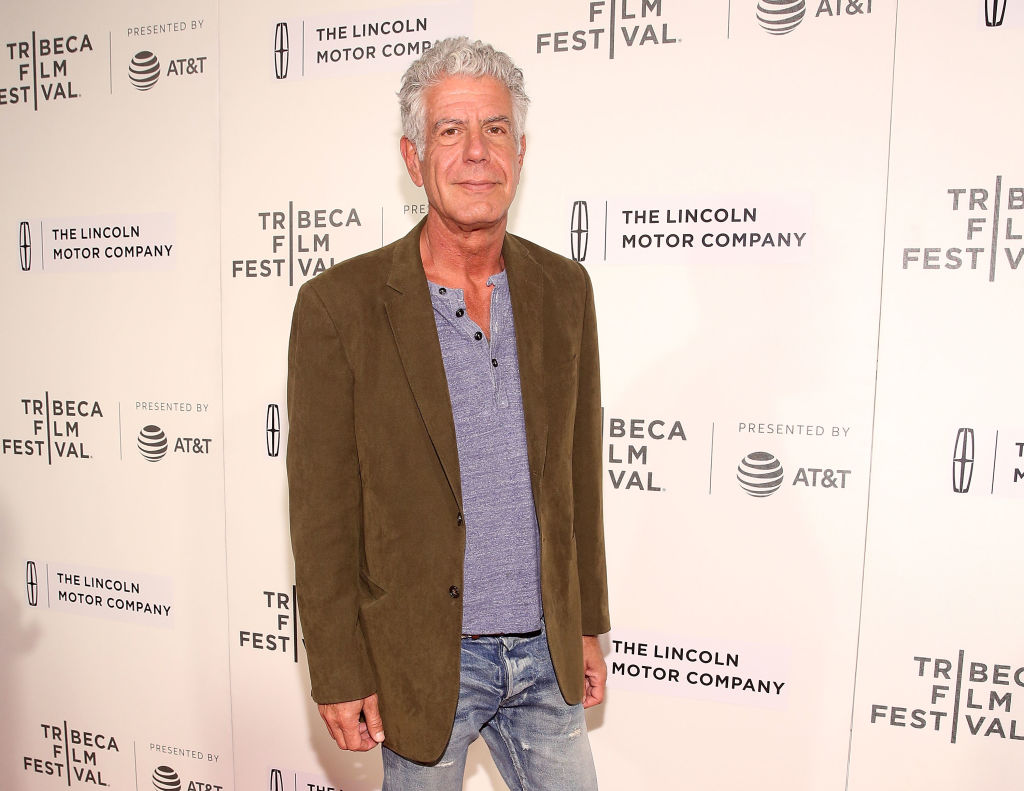New Anthony Bourdain documentary controversially uses an 'A.I. model of his voice'


A free daily email with the biggest news stories of the day – and the best features from TheWeek.com
You are now subscribed
Your newsletter sign-up was successful
A new documentary about Anthony Bourdain is facing criticism after making use of an A.I. model to reconstruct his voice.
The documentary, Roadrunner: A Film About Anthony Bourdain, includes a moment where Bourdain's friend reads a email from him, only for the movie to transition into Bourdain himself reading it, according to The New Yorker. Director Morgan Neville in an interview with The New Yorker was asked how he was able to obtain audio of Bourdain, who died by suicide in 2018, reading the email. But according to Neville, this was actually achieved using A.I.
"There were three quotes there I wanted his voice for that there were no recordings of," Neville said. "I created an A.I. model of his voice."
The Week
Escape your echo chamber. Get the facts behind the news, plus analysis from multiple perspectives.

Sign up for The Week's Free Newsletters
From our morning news briefing to a weekly Good News Newsletter, get the best of The Week delivered directly to your inbox.
From our morning news briefing to a weekly Good News Newsletter, get the best of The Week delivered directly to your inbox.
The New Yorker's Helen Rosner writes that the "seamlessness of the effect is eerie" in the film, which also makes use of actual clips of the late chef and TV host. Neville further explained to GQ that "we fed more than ten hours of Tony's voice into an A.I. model," though he said he received approval from Bourdain's "widow and his literary executor," who felt he "would have been cool with that." Neville also defended the choice by saying, "I wasn't putting words into his mouth. I was just trying to make them come alive."
The revelation, though, quickly sparked a debate over whether such an A.I. reconstruction for a documentary is ethical, with critic Sean Burns writing, "I feel like this tells you all you need to know about the ethics of the people behind this project." Neville told The New Yorker that when people watch the film, "you probably don't know what the other lines are that were spoken by the A.I., and you're not going to know." He added, "We can have a documentary-ethics panel about it later."
A free daily email with the biggest news stories of the day – and the best features from TheWeek.com
Brendan worked as a culture writer at The Week from 2018 to 2023, covering the entertainment industry, including film reviews, television recaps, awards season, the box office, major movie franchises and Hollywood gossip. He has written about film and television for outlets including Bloody Disgusting, Showbiz Cheat Sheet, Heavy and The Celebrity Cafe.
